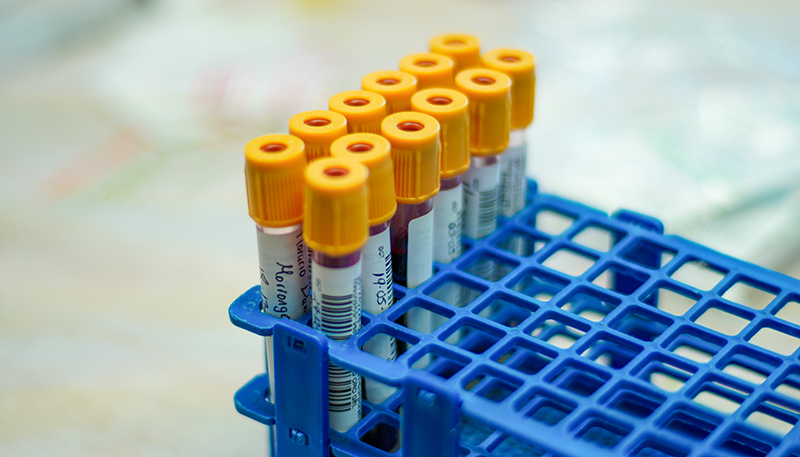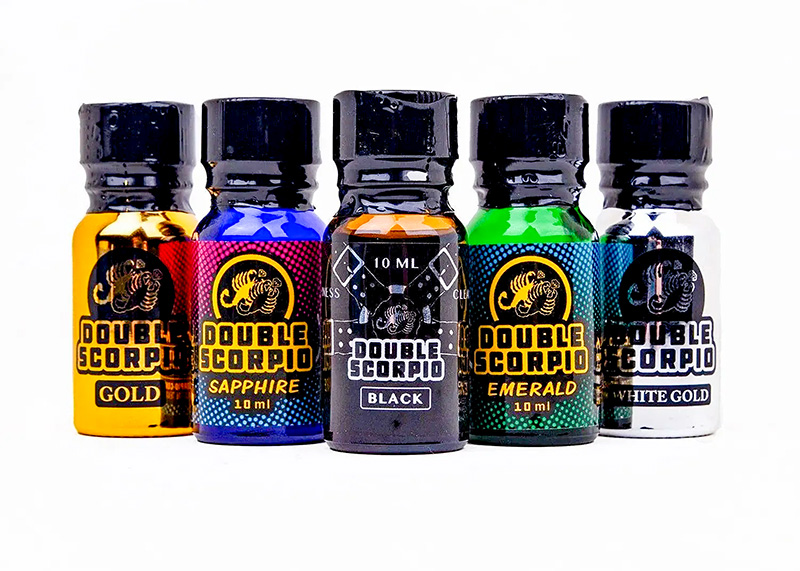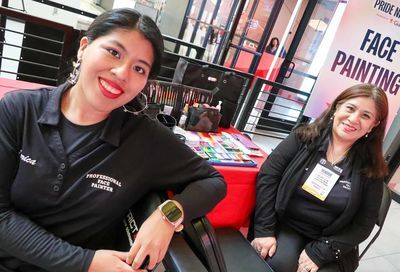DC offers COVID vaccine to people with chronic health conditions, including HIV, from March 1
People over age 16 with chronic conditions will be allowed to sign up for appointments in next wave of vaccinations

The District of Columbia has announced it will offer COVID-19 vaccines to people 16 or older with serious health problems, including those living with HIV, beginning March 1.
The announcement from Dr. LaQuandra Nesbitt, the director of the D.C. Department of Health, came after the city’s health experts received pushback and criticism from residents and community advocates, who argued that those with serious pre-existing conditions can face health complications if they become infected with COVID-19, which attacks the respiratory system.
According to The Washington Post, DC Health had originally considered opening appointments to people over age 50 with serious conditions as part of “Group 1C,” while keeping younger people at bay. But those with serious health problems argued to city officials that their conditions put them at the same amount of risk as older residents with less severe health conditions.
Among the chronic conditions that qualify a person for membership in Group 1C — the third wave of residents eligible for COVID-19 vaccine shots — are: asthma, COPD, lung disease, cancer, kidney, heart, or liver disease, diabetes, heart conditions, hypertension, those with developmental disabilities, neurologic conditions, those who are pregnant, those who are severely obese, those with genetic disorders, sickle-cell anemia, and those living with HIV.
For LGBTQ people, this is particularly important development, given the higher numbers of people in the community with serious health conditions, such as HIV, obesity, or asthma. Studies have shown that LGBTQ people are more likely to work in industries that put them at higher risk of acquiring COVID-19, and have been disproportionately impacted by financial hardship stemming from shutdowns put in place to control the spread of the virus.
However, advocates have also warned that health experts will need to increase outreach efforts to encourage vaccination and to overcome longstanding distrust of medical institutions that exists among some parts of the LGBTQ community, particularly LGBTQ people of color and transgender individuals who typically find themselves at the margins when it comes to health care access.
On Thursday, Nesbitt said D.C.’s scientific advisory committee decided not to sort people who have one or more of the qualifying pre-existing conditions by age, noting that many patients with HIV and sickle-cell anemia do not live to 50. Therefore, introducing an age cutoff would only put those groups at higher risk of infection and more severe COVID-related health complications.
The city has eliminated people who smoke, and those who are overweight but not officially obese from the list of people who may qualify in the next wave of vaccinations, as part of an effort to alleviate some of the demand for a limited number of doses that are readily available. Nesbitt said that smokers were removed as a specific group due to the fact that many smokers are likely to qualify under other serious health conditions.
See also: Advocates call on health experts to intentionally include LGBTQ people in COVID-19 vaccine rollout
Sixty percent of the vaccine doses the city receives from the federal government are allocated to health care providers, including major hospital systems and nonprofit health clinics, based on the belief that most patients with pre-existing chronic conditions will seek a shot from their own doctor. Those with doctors not affiliated with major health systems will be requited to register for an appointment through the DC Health website. Patients receiving the vaccine with need to agree to a statement attesting to the fact that they have one of the qualifying conditions.
Currently, the city is vaccinating first responders, health care workers, residents and staff in nursing and assisted living communities, individuals working in manufacturing or food packaging, those experiencing homelessness, and individuals over age 65.
The city has also tried to do additional outreach to residents who meet those criteria and lived in so-called “priority zip codes” in Wards 5, 7, and 8, where the number of COVID diagnoses and COVID-related deaths are higher, but where fewer residents 65 and older have received even one dose of the vaccine. According to DC Health data, Wards 5, 8, and 7 have the second, third, and fourth-highest number of cases overall, and rank among the top three wards in COVID-related deaths, comprising more than half of the city’s total 992 fatalities.
As with most health indicators, wealthier, whiter neighborhoods have higher numbers of people who have been able to obtain a vaccine, compared to poorer, majority-Black neighborhoods. For instance, 18% of Chevy Chase residents have received at least one shot, while only 3% of those in Anacostia have.
Support Metro Weekly’s Journalism
These are challenging times for news organizations. And yet it’s crucial we stay active and provide vital resources and information to both our local readers and the world. So won’t you please take a moment and consider supporting Metro Weekly with a membership? For as little as $5 a month, you can help ensure Metro Weekly magazine and MetroWeekly.com remain free, viable resources as we provide the best, most diverse, culturally-resonant LGBTQ coverage in both the D.C. region and around the world. Memberships come with exclusive perks and discounts, your own personal digital delivery of each week’s magazine (and an archive), access to our Member's Lounge when it launches this fall, and exclusive members-only items like Metro Weekly Membership Mugs and Tote Bags! Check out all our membership levels here and please join us today!





















You must be logged in to post a comment.